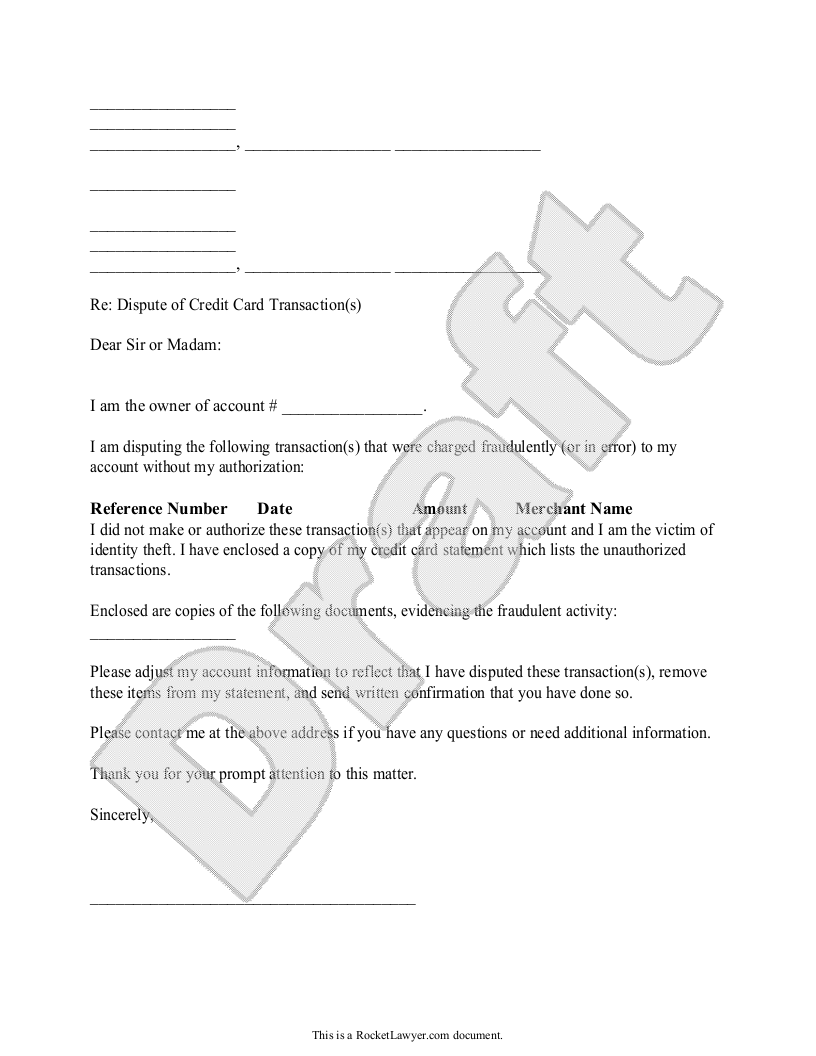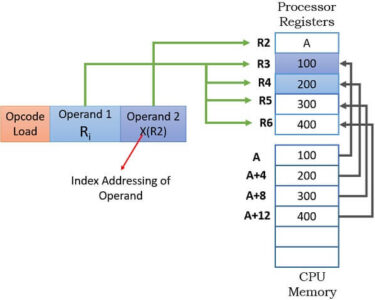
SMS Fraud for Credit Card Transaction Dispute Resolution
Introduction:
In today’s digital age, SMS (Short Message Service) has become a ubiquitous tool for communication. However, SMS fraud has emerged as a significant concern, particularly in the context of credit card transactions. SMS fraud refers to the unauthorized use of SMS messages to deceive individuals and gain access to their confidential information, leading to fraudulent credit card transactions and financial loss.
Types of SMS Fraud:
SMS fraud can manifest in various forms, including:
- Smishing (SMS Phishing): Fraudsters send text messages that appear to originate from legitimate financial institutions or merchants. These messages often contain links or requests for sensitive information, such as credit card numbers, passwords, or PINs.
- Account Takeover: Fraudsters gain access to a victim’s mobile number and use SMS to intercept verification codes from banks or credit card companies. This allows them to take over the victim’s account and make unauthorized transactions.
- Card Not Present Fraud: Fraudsters use stolen credit card details to make online or phone purchases without the card being physically present. SMS messages may be used to receive one-time passwords (OTPs) required for authentication purposes.
Impact of SMS Fraud on Credit Card Transactions:
SMS fraud can have severe consequences for both individuals and financial institutions. It results in unauthorized credit card charges, identity theft, and financial loss. Victims may also face difficulties in disputing fraudulent transactions, as they may not have authorized the use of SMS messages for verification purposes.
Dispute Resolution Process:
To resolve fraudulent credit card transactions resulting from SMS fraud, individuals should follow these steps:
- Contact the Credit Card Issuer: Notify the credit card issuer immediately and inform them about the unauthorized transactions. Provide details of the SMS messages received and any suspicious activity noticed.
- File a Dispute: Follow the dispute resolution process outlined by the credit card issuer. Provide supporting evidence, such as the SMS messages, to prove that the transactions were unauthorized.
- Cooperate with the Investigation: The credit card issuer will investigate the incident and may request additional information from the victim. Cooperate fully with the investigation to help identify the fraudsters and prevent future occurrences.
- Monitor Credit Reports: Regularly check credit reports for unauthorized activity and report any fraudulent transactions promptly.
Preventive Measures:
To mitigate SMS fraud risks, individuals should take the following precautions:
- Be Wary of Phishing Messages: Do not click on links or provide sensitive information in unsolicited SMS messages.
- Secure Mobile Devices: Use strong passwords and two-factor authentication to protect mobile devices from unauthorized access.
- Enable Fraud Alerts: Set up fraud alerts with credit card issuers to receive notifications of suspicious activity.
- Dispute Unauthorized Transactions Promptly: Report any unauthorized credit card transactions immediately to prevent further financial loss.
Conclusion:
SMS fraud is a growing threat that can result in significant financial losses for individuals and businesses alike. By understanding the different types of SMS fraud and implementing preventive measures, consumers can protect themselves from unauthorized credit card transactions and promote the integrity of the payment system. If SMS fraud is suspected, it is crucial to act promptly and follow the dispute resolution process to mitigate potential risks and recover lost funds.


